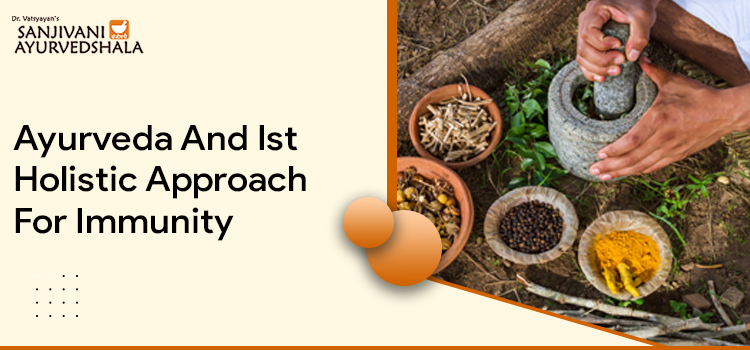A guide to morning ayurvedic rituals.
An individual’s behaviors frequently determine the type of life they lead. Making healthy decisions and sticking to a daily schedule might be challenging in today’s fast-paced world. On any route to wellbeing, the first step is to cultivate a daily routine. In Ayurveda, this is referred to as Dinacharya. According to Ayurveda, a healthy morning practice that begins with a ritual energizes the body and sets us up for the day.
What is the morning Ayurvedic ritual?
Ayurveda, an age-old Indian holistic health and wellbeing system, is the foundation of morning rituals. These customs aim to create harmony and balance in the body, mind, and spirit, laying the groundwork for a productive day. While rituals might change according to personal preferences and needs, people can gain more knowledge about them from the best Ayurvedic clinic in Punjab.
What are the different morning Ayurvedic rituals you should practice?
Here is a more thorough explanation of a few typical Ayurvedic morning routines:
- Getting up early: It is essential to rise at daybreak or earlier to support general vigor and align with the body’s natural rhythms.
- Oral hygiene: To start, use a tongue scraper to clean the tongue of any toxins that have accumulated overnight. After that, use toothpaste or herbs to clean your teeth and gums gently.
- Hydration: To improve digestion, remove toxins from the body, and replenish fluids, have a glass of warm water as soon as you wake up. Feel free to add a spoonful of honey or lemon juice for extra purification and nutrition.
- Nasya: A few drops of herbal oil, such as ghee or sesame oil, applied to the nostrils will help with breathing, lubricate the nasal passages and shield the nose from contaminants in the surroundings.
- Yoga or Exercise: To arouse the body, improve flexibility, and increase circulation, try some simple yoga stretches, pranayama, or a quick workout. Sun salutations are especially helpful for boosting the spirit and reviving the body.
- Meditation & Mindfulness: To develop mental clarity, inner serenity, and emotional resilience, set aside time for mindfulness exercises, deep breathing techniques, or meditation.
- Pranayama: To balance the body’s essential energies and soothe the mind, practice pranayama exercises like Anulom Vilom, Kapalabhati, or Bhramari.
- Healthy breakfast: A nutritious breakfast that is warm, freshly made, and catered to your body type should be consumed. Incorporate whole foods, such as cooked grains, fruits, nuts, seeds, and herbal teas, to promote healthy digestion and long-lasting energy.
- Mindful eating involves savoring each bite, chewing gently, and focusing on the meal’s flavors, textures, and feelings.
Advantages of the morning rituals.
Ayurvedic rituals have several advantages that extend to mental, emotional and spiritual health. Here are a few of the main benefits:
- Promotes balance: Ayurvedic rituals focus on the basic energies known as doshas, which regulate a variety of physiological and psychological processes in the body.
- Improves digestion: Ayurvedic practices that promote good digestion include self-massaging with oils, eating mindfully, and sipping warm water as soon as you wake up.
- Boosts Immunity: Ayurvedic practices such as using herbs and oils and adhering to particular dietary guidelines fortify the immune system.
- Encourages Detoxification: Ayurvedic rituals help rid the body of toxins using tongue scraping, oil pulling, self-massage, and herbal remedies.
- Enhances Quality of Sleep: Adhering to Ayurvedic practices, such as creating a regular sleep schedule, engaging in relaxation exercises, and winding down before bed, encourages peaceful and revitalizing sleep.
- Improves Mental Clarity: Including breathing techniques, mindfulness exercises, and meditation in Ayurvedic rituals can help people focus more clearly, feel less stressed, and perform better cognitively.
- Promotes Emotional Wellbeing: Ayurvedic practices provide holistic solutions for emotional wellbeing by highlighting the connection between the mind, body, and spirit.
Many people follow the pattern of morning rituals. The Best Ayurvedic doctor in Ludhiana of Dr Vatsyayan’s Sanjivani Ayurvedshala suggests morning rituals to the patients.


